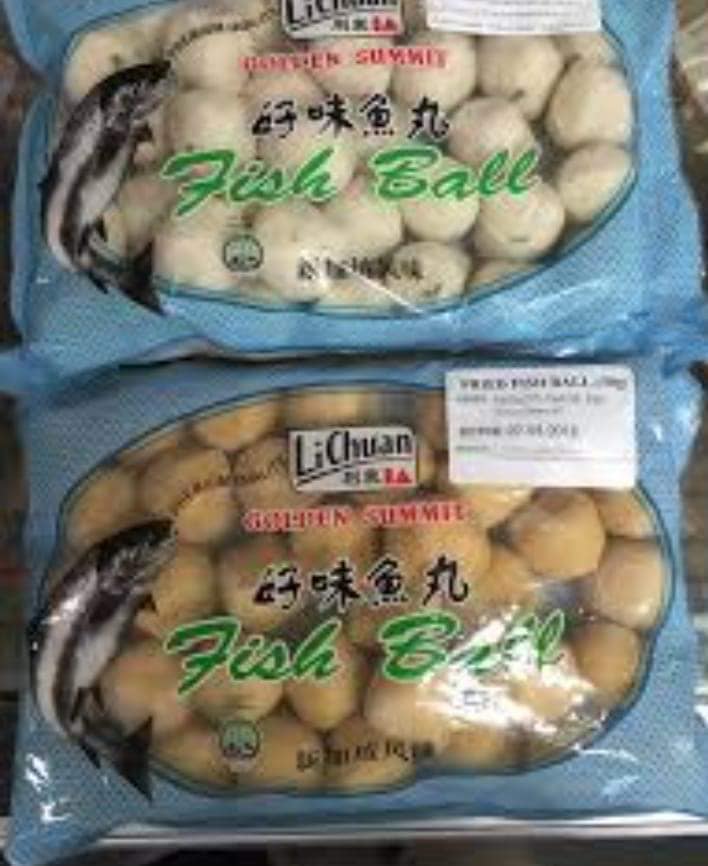If you have religious dietary restrictions or food allergies, you have to be careful about the stuff you pick up from supermarkets.
Those who are Muslim would check the packaging for the Halal Religious Certificate.
The certificate, issued by the Islamic Religious Council of Singapore (Muis), indicates that a particular food product is safe to eat for Muslims.
Once such product that displays the certificate is Li Chuan, a brand that sells processed favourites such as fishballs and cuttlefish balls.
Given the certificate, one would assume it’s safe to eat for Muslims, but some findings from the authorities in Brunei have thrown this into question.
Brunei Finds Pork DNA in Two Li Chuan Products
On Monday (25 Jan), the Department of Syariah Affairs, Ministry of Religious Affairs in Brunei informed Muis that pork DNA was found in two of Li Chuan’s food products – Li Chuan Fish Ball and Li Chuan Cuttlefish Ball.


According to a media release by Muis, the Brunei authorities routinely carry out random DNA testing of food products.
When Li Chuan’s two products were tested, porcine DNA was found in the samples.

Muis said it immediately launched an investigation into the matter after being notified.
It conducted an inspection of the production plant and retrieved samples of affected products, which have been sent for testing in accredited laboratories.
Muis will determine the appropriate response once investigations are complete.
Both Products Recalled After Pork DNA Were Allegedly Found In Them
In the meantime, however, both products will be recalled.
“Pending the outcome of the investigation, the company has agreed to Muis’ request to withdraw affected products from the Singapore market and halt overseas export of these products,” Muis said.
Muis added that it takes a different approach to that of the Brunei authorities’ in conducting food checks, in that it undertakes random sampling of high-risk food products such as meat and meat-based processed items.
It also inspects the ingredients used, production and preparation processes, and the facilities and compliance records, such as invoices and recognised Halal certificates of ingredients.
The council explained why it does not utilise random porcine DNA testing.
“Muis does not adopt routine porcine DNA testing in its processes as we are of the view that DNA testing should be employed only when there is a robust understanding and framework developed, that is agreed upon by religious scholars and experts.
“Muis will continue to monitor the development of porcine DNA testing technology and assess whether it is necessary to include such testing as part of Singapore’s Halal certification process.”
Urged Residents to Refrain From Speculation
Muis also noted that there are messages circulating on various social media platforms and networks regarding this matter.
It urged members of the public to refrain from any further speculation until the investigation has been concluded.
“Muis would like to reassure the community that it is fully committed to ensuring requirements for the dietary needs of the Muslim community continue to be met,” it said.
Featured Image: Facebook (Linda Amin)




